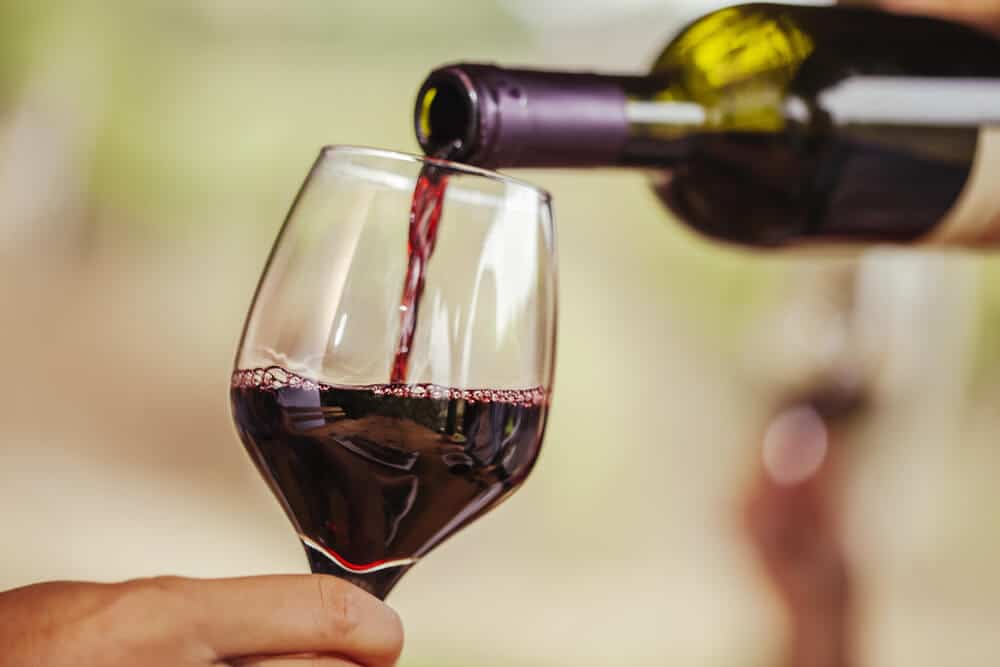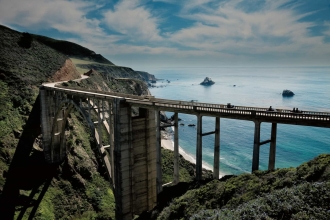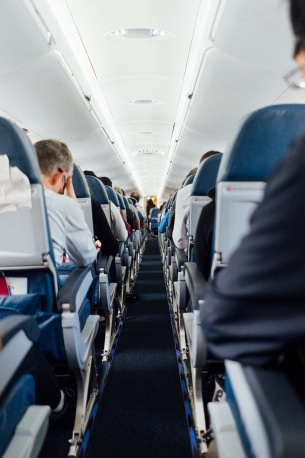As part of Forter’s Suite-Talks Series, Forter CFO Aaron Barfoot recently cohosted a virtual wine tasting and fireside chat with Opus One VP of Communications and Guest Services Christopher Barefoot, as well as Michael Silacci, Winemaker with Opus One.
Aaron and Christopher talked about how Opus One has evolved since its inception 40 years ago, how the company stayed relevant during COVID and ways in which technology is impacting the wine business. During the conversation, Christopher touched on three key themes that were key to Opus One’s success during the pandemic and how each will evolve going forward:
- Customer centricity
- Channel relationships, especially for omni-channel enterprises
- Creating experiences that solidify the brand
Reaching Customers Through Direct Sales Increased In Importance
The original vision behind Opus One was to create a singular wine of the highest quality that would put Napa Valley on the map. Christopher said that while that vision has been realized, it’s important for Opus One to stay focused on the changing needs of customers.
“We’re sort of like a “Tale of Two Cities” – we’re good at the best of times and at the worst of times. When people are happy, they love to celebrate with a nice bottle of wine. And when things are a little challenging, they will turn to a bottle of wine to make sure they feel more relaxed and not worry about things.”
Christopher acknowledged that COVID had a massive impact on the wine industry, especially in terms of how the hospitality and restaurant industries were affected. The biggest challenge for Opus One was foreseeing and understanding the impact of the pandemic on retailers and restaurants. Because Opus One sells its wine on an allocation system – only a certain amount of wine is available in any given year – prioritization is usually given to restaurants. But Opus One quickly realized that the pandemic would massively impact the restaurant industry, reducing or even eliminating the need for wine for an indeterminate period of time. As such, Opus One pivoted early in 2020 and changed allocations from restaurants to retailers.
“What was interesting was that we underestimated the quickness and the speed at which states recognized the need for restaurants to survive through creative processes,” he explained. When states allowed restaurants to sell wine in takeout form to customers, it shifted the restaurant industry as a whole to a retail format. While the change enabled restaurants to stay operational, they weren’t able to sell at the same volume.”
To meet the challenge, Opus One focused more on selling wine through its direct to customer (DTC) channel. “We operate in an environment where we don’t control the supply chain,” he said. “We allocate the wines, but we can’t control what the pricing is or where it goes. This is where DTC became more important. The pandemic resulted in more people turning to us for direct sales, and it was important for us to ensure that we continued to deliver the top-level service for the DTC channel.”
Omnichannel took on greater importance, even as channels changed
Traditionally, Opus One relies on a three-tier distribution system that goes through distributors and importers around the world, then to retailers, who ultimately get the product to the consumer. The pandemic presented an opportunity for Opus One to develop new strategies for reaching all of those channels.
For instance, Opus Wine bottles contain technology that enable customers drinking wine to connect with the company’s website. This type of creativity became even more important during the pandemic, Christopher explained.
“Everybody in the industry had to get super creative, which resulted in an entirely new channel for the wine industry: technical engagement,” he said. “The result was the creation of virtual tastings and other experiences, like interactive presentations of wine and webinars about cooking and wine. We believe this new channel will continue to evolve after the pandemic to reach people who aren’t able to get to the winery.”
Moreover, Opus One is investigating ways to expand virtual tasting to something that goes well beyond the conferencing experience into more of a virtual reality experience. As such, Opus One will ship Oculus headsets to customers so they’re able to experience what it means to walk through the halls of Opus One in a true reality video experience.
“The overall effect is that we’re now being more creative as we look to the future of younger consumers,” Christopher said. “How do we ensure that they interact with us and have a completely unique experience?”
Creating Experiences That Solidify Brand
The overall goal of creating experiences for future generations is to solidify the Opus One brand today and going forward.
“It’s important that we don’t forget the next generation, whether it’s a legal drinking age, Gen Z or millennials,” Christopher said. “Everyone is talking about experiences. But younger generations want to collect memories. It’s not just an experience. To create something memorable, it has to be sensory. It has to be unexpected, and it has to be a little bit anticipatory. That’s how you build a connection to the brand, and those are the things shaping us as we look to 2030.”
However, Christopher also was quick to point out that such experiences don’t have to be digital. “It’s about making authentic connections with people,” he said. “And that requires relevance. We are trying to make sure that whatever platform we’re using, we’re being authentic with that customer in order to create lasting and enduring relationships.”
Forter’s Role In The Future Of Opus One
With the massive influx of new customers that Opus One has experienced since the onset of COVID, Forter has played an increasingly important role in making sure transactions with those customers have the authentic feel that Christopher described. Especially important is ensuring that new customers don’t have false declines, something Forter terms new user missed opportunity (NUMO).
Companies like Opus One want to ensure that new customers have a great experience. But new users are five to seven times more likely to be declined. Moreover, 40 percent of customers who are falsely declined never return to the site.
Interested in watching the entire virtual wine tasting and hearing more? You can watch the full video here.



